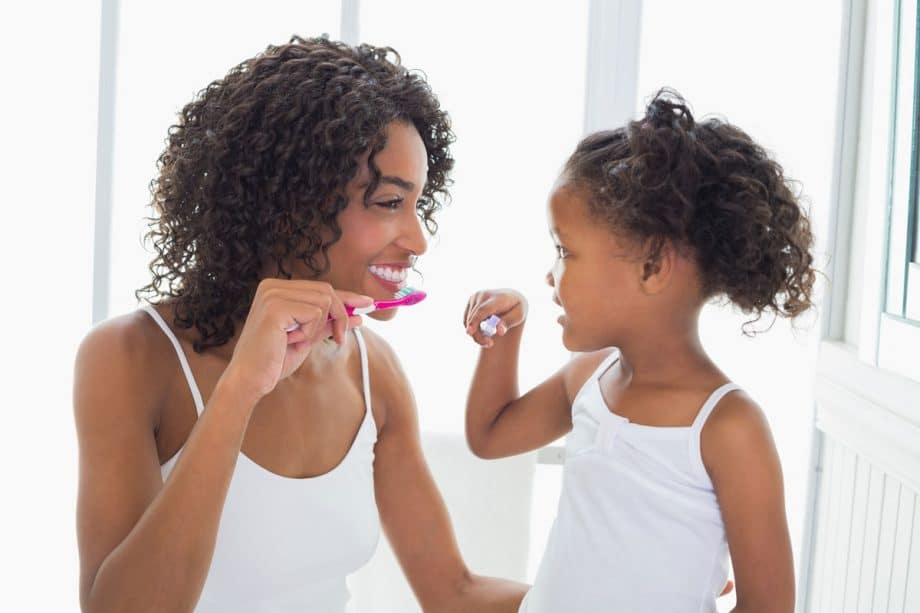When you help your child establish good oral hygiene practices, those habits last a lifetime. Children who take pride in caring for their teeth and view going to the dentist as a positive experience have healthier teeth and gums as adults, so there’s no better time to start your child on the road to dental health. Here are some things you can do as a parent to help instill good hygiene habits at a young age.
See the Dentist Early and Often
It used to be standard practice to start bringing children to the dentist around preschool age, but the American Dental Association now recommends a first visit at 12 months or within six months of the eruption of the first tooth, whichever comes first.
During your child’s first dental visit, we’ll conduct an exam to help us identify potential problems with the teeth as they’re erupting and provide you with instruction on how to care for your child’s emerging teeth. Even more importantly, these early visits help us form a trusting relationship with you and your child.
After that appointment, we’ll want to continue seeing you and your child every six months. With each visit, your child will become more comfortable with us and will begin to develop positive associations with dental care. Many children with dental phobia are afraid of the dentist only because they don’t know what to expect.
Teach Good Oral Hygiene Habits
Kids have places to go, things to see, toys to play with—getting them to brush their teeth properly can be an epic struggle. It’s important to help your children with brushing because when left to their own devices, they’ll often do a quick swipe on the fronts of their teeth and tell you they brushed. Instead of two minutes of brushing, it probably doesn’t even clock in at two seconds!
Our approach to brushing is simple—when your child is a toddler, you should brush your teeth for them, then over time, you gradually shift responsibilities to them. Let your preschooler get started with the toothbrush, then you take over and brush the backs of the teeth and hard-to-reach spots. When you’ve observed that your child is doing a great job without your help, hand over full brushing duties to them, supervising and giving them verbal reminders of where and how to brush. Use a timer set for two minutes or purchase an electric toothbrush with a timer built-in.
Flossing can be difficult for small hands, so many children prefer using dental floss picks. Flossing should be done once a day, gently, and down (or up) to the gumline.
Help Your Kids Eat Healthy
Limit sugary foods and drinks and make sure each meal is full of vegetables, hearty whole grains, and lean proteins—and don’t forget the calcium for strong teeth.
It’s impossible to expect kids to go to their friends’ birthday parties and not eat cake or forego trick-or-treating—candy and sweets are part of being a child. The bacteria that causes cavities feeds on sugar, though, so it’s important to limit these foods—they should be treats, not everyday occurrences. When your child does partake in a sugary snack or dessert, they should brush afterwards or, if they’re not at home, rinse with water.
Learn More About Good Oral Hygiene for Kids
Do you have questions about your child’s oral hygiene habits? Contact us at one of our three convenient locations to schedule an appointment.

